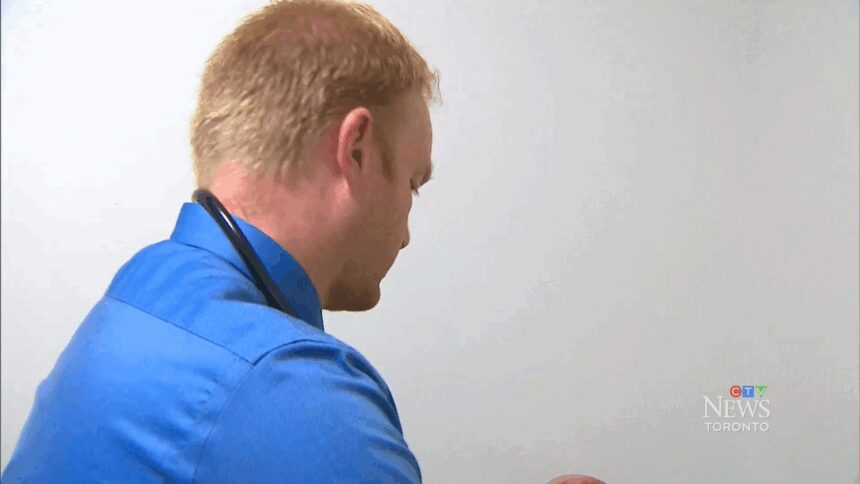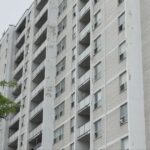As I venture through Toronto’s bustling health sector this week, a sobering new report from the Centre for Addiction and Mental Health (CAMH) has captured the attention of health professionals citywide. The comprehensive study reveals significant health disparities affecting Toronto’s LGBTQ2S+ communities, highlighting systemic challenges that persist despite our city’s reputation for inclusivity.
Walking through the Church-Wellesley Village yesterday, I spoke with Dr. Samantha Wright, lead researcher at CAMH, who emphasized the troubling findings. “What we’re seeing is a complex web of barriers to care that many Torontonians face simply because of their sexual orientation or gender identity,” she explained as we sat at a local café. “The statistics are particularly concerning regarding mental health outcomes.”
The report indicates LGBTQ2S+ Torontonians experience depression and anxiety at rates nearly three times higher than their heterosexual counterparts. Perhaps more alarming is the documentation of delayed or avoided medical care, with approximately 40% of respondents reporting negative interactions with healthcare providers that discouraged them from seeking necessary treatment.
These findings echo what community health advocates have been saying for years. Michael Cherny, executive director at Rainbow Health Ontario, shared his perspective during our phone conversation this morning. “This report validates what we’ve observed on the ground. The health disparities aren’t just statistics – they represent real Torontonians experiencing preventable suffering.”
The timing of this report coincides with recent provincial healthcare restructuring. Toronto Public Health data suggests these disparities may worsen without targeted intervention strategies. The report specifically identifies several contributing factors, including limited provider training on LGBTQ2S+ health needs and socioeconomic barriers disproportionately affecting these communities.
During last night’s community forum at The 519, I witnessed firsthand the emotional impact these findings have on affected communities. Alex Rodriguez, a 32-year-old trans Torontonian, shared their experience navigating our healthcare system. “I’ve had doctors who didn’t know how to address basic health concerns related to my transition. I’ve sat in waiting rooms feeling completely invisible.”
What distinguishes this report from previous studies is its Toronto-specific focus and actionable recommendations. The research team consulted with over 1,500 LGBTQ2S+ Torontonians across diverse neighborhoods, from Scarborough to Etobicoke, ensuring the findings reflect our city’s unique demographic landscape.
Dr. Wright’s team proposes several concrete solutions, including mandatory cultural competency training for healthcare providers and establishing specialized health services in underserved areas. “We need to move beyond simply acknowledging these disparities and implement structural changes,” she emphasized.
Toronto City Council is expected to review these recommendations next month. Councillor Kristyn Wong-Tam has already expressed support for integrating these findings into the city’s health equity framework. “This report gives us the evidence base we need to make meaningful policy changes,” she noted during yesterday’s press briefing.
For healthcare providers like Dr. James Chen at St. Michael’s Hospital, the report offers valuable guidance. “As clinicians, we sometimes don’t realize how our environments might feel unwelcoming,” he admitted during our interview at his downtown office. “These findings help us identify specific improvements we can implement immediately.”
The report also highlights bright spots in Toronto’s healthcare landscape. Several community health centers, including Sherbourne Health, have developed innovative programs addressing these disparities. Their transgender health services have become a model for inclusive care across the country.
From my perspective covering Toronto’s health sector for over a decade, this report represents a crucial turning point. The detailed documentation of these disparities, combined with community-informed recommendations, provides a roadmap for meaningful change. As our city continues evolving, ensuring equitable healthcare access for all Torontonians must remain a priority.
The full report will be available on the CAMH website next week, with community discussion sessions scheduled throughout July. For LGBTQ2S+ Torontonians seeking supportive healthcare resources, Rainbow Health Ontario offers a provider directory of trained professionals across the city.
This moment calls for honest reflection from our healthcare institutions and renewed commitment to addressing these longstanding inequities. The health of our diverse communities depends on our collective response to these findings.







